What light through yonder window breaks?
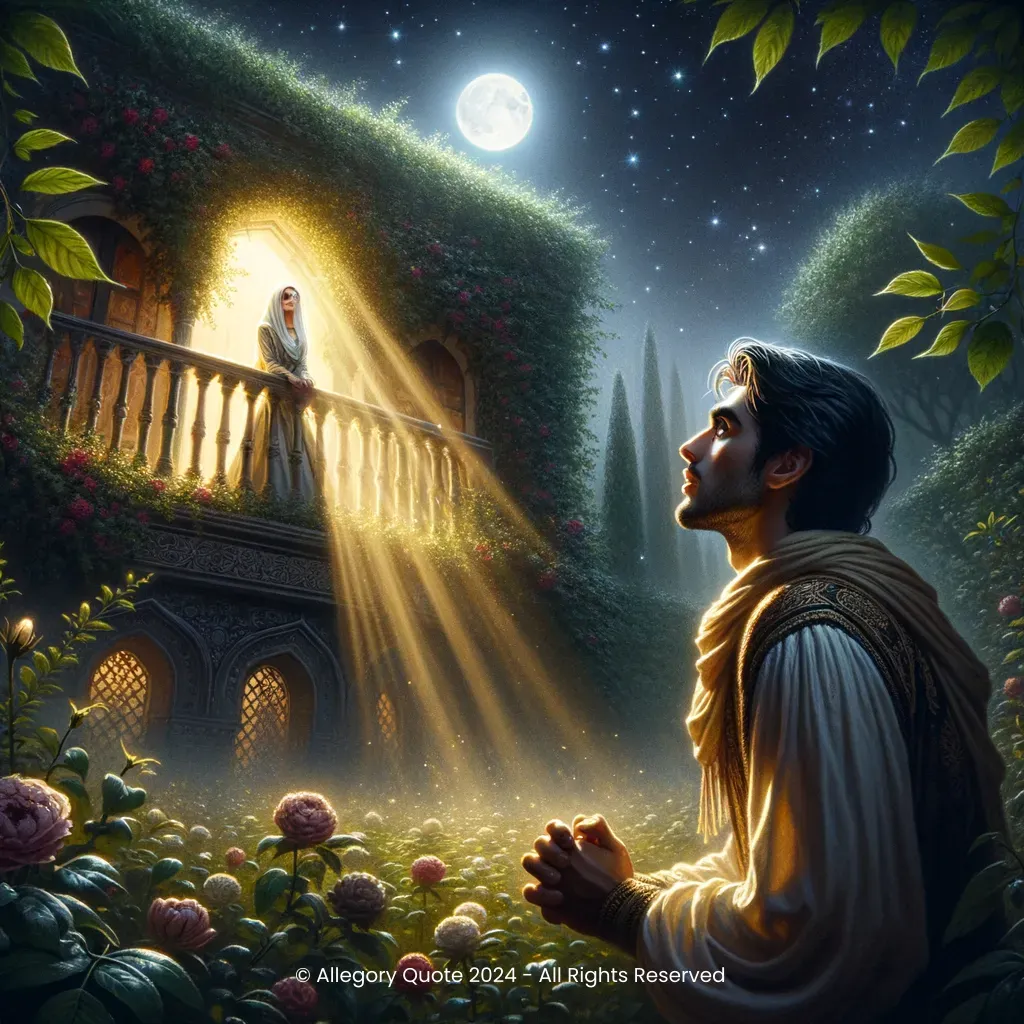
0
0
0
0
- Meaning
- This phrase speaks to Romeo's awe and admiration as he sees Juliet appear on her balcony. The "light" metaphorically represents Juliet, often considered the "light" in Romeo's life. The window "breaks" with light, symbolizing the dawning of his realization of her presence and beauty. It captures the profound emotions of love and admiration that Romeo feels in that moment, highlighting Juliet's importance and illuminating presence in his life.
- Allegory
- The image includes a moonlit garden, symbolizing the romantic and serene setting of the garden, and the golden light around Juliet to highlight her beauty and significant presence. The blossoming flowers represent the budding romance, while the gentle breeze adds a dynamic element, signifying the natural and effortless beauty of their love. The twinkling stars in the sky mirroring Romeo's eyes capture the admiration and wonder in the moment.
- Applicability
- The romantic essence of this phrase can be applied to personal life by recognizing and appreciating the moments when someone brings light and joy into your life. It encourages us to cherish those who make a significant and positive impact, acknowledging their presence as something bright and illuminating.
- Impact
- This phrase has left a deep impact on culture and literature, often quoted in contexts relating to love and admiration. It has been referenced in various adaptations of "Romeo and Juliet" in film, theater, and literature. The scene symbolizes youthful love and the intensity of passionate feelings, influencing romantic literature and storytelling.
- Historical Context
- "Romeo and Juliet" was written around 1595-1596 during the Elizabethan era. This context reflects the social and cultural dynamics of the time, including the concepts of courtly love and family honor, which drive the play's plot and themes.
- Criticisms
- Some criticisms of this phrase, and Romeo's speech in general, involve the idealization of love and the impulsiveness of youthful romance. Critics argue that such romanticized depictions can foster unrealistic expectations about love.
- Variations
- This iconic line from Shakespeare's play could be interpreted differently across various cultures. In Western culture, the light is often associated with purity, beauty, and enlightenment. In Eastern philosophies, light might symbolize wisdom and spiritual awakening. Different interpretations enrich the appreciation of the phrase, allowing it to resonate with a broader audience.
-
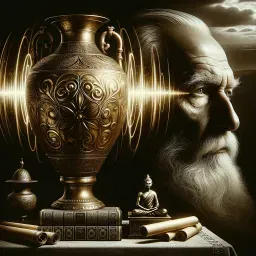
The empty vessel makes the loudest sound.
-
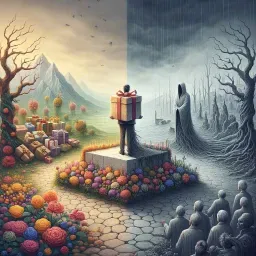
Rich gifts wax poor when givers prove unkind.
-
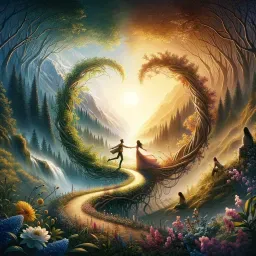
Journeys end in lovers meeting.
-
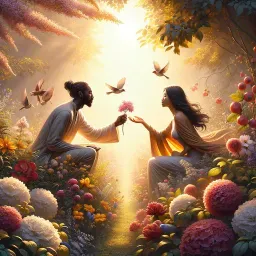
They do not love that do not show their love.
-

I am constant as the northern star.
-

There is a tide in the affairs of men, which, taken at the flood, leads on to fortune.
-
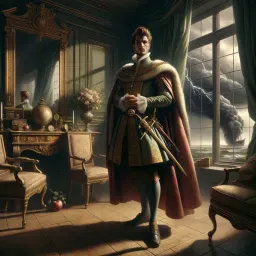
I must be cruel only to be kind; thus bad begins, and worse remains behind.
-
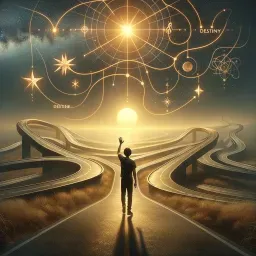
Men at some time are masters of their fates.
-
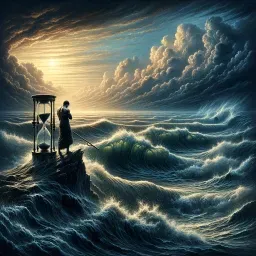
Come what come may, time and the hour runs through the roughest day.
-
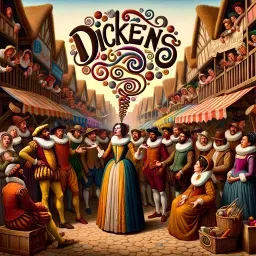
I cannot tell what the dickens his name is.
-
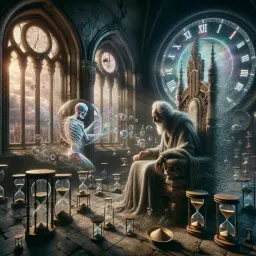
I wasted time, and now doth time waste me.
-

A friend should bear his friend's infirmities, but Brutus makes mine greater than they are.
No Comments